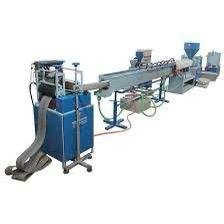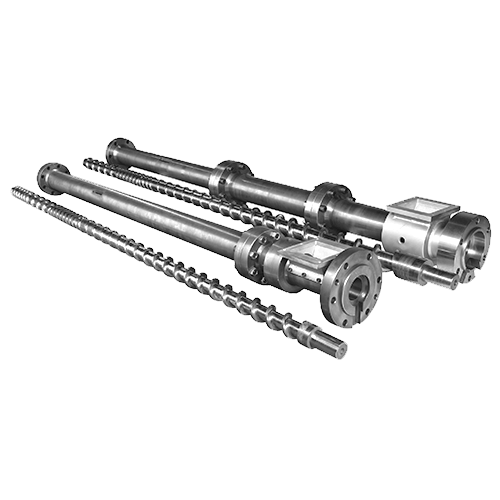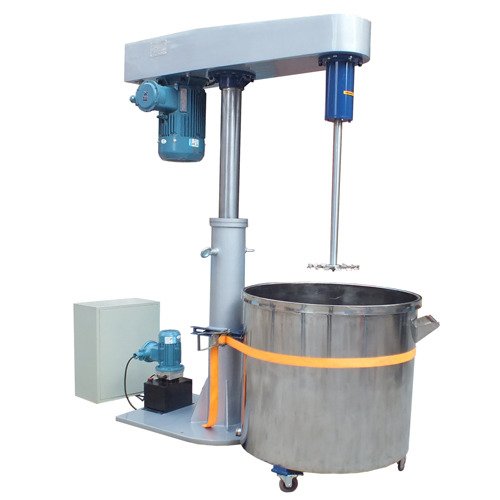-
connect with us

Agricultural Pipe Extrusion
Agricultural Pipe Extrusion is a specialized manufacturing process dedicated to producing resilient plastic pipes designed for agricultural irrigation applications. These pipes are used in various agricultural activities such as irrigation, drainage, and water supply.
The extrusion process involves melting plastic material and then shaping it using a die & then cooled and cut into desired lengths. These pipes are crafted to endure the rigors of outdoor environments, providing farmers with a dependable solution for efficient water distribution, promoting optimal crop health and productivity.
Steps involved in agricultural pipe extrusion:
-
Material Selection :
High-density polyethylene (HDPE) is commonly used for its durability, flexibility & resistance to chemicals and weathering. Other materials like PVC (polyvinyl chloride) or PP (polypropylene) may also be used as on requirements. -
Melting and Mixing :
The plastic resin pellets are fed into an extruder where they are heated & melted. Additives such as colorants, stabilizers, and UV inhibitors may be mixed with the resin to enhance the properties of the final product. -
Extrusion :
Then molten plastic is forced through a specially designed die, which shapes it into a desired diameter & wall thickness. The die can be customized to produce pipes of different sizes and configurations. -
Cooling & Cutting :
The extruded pipe is cooled using air or water to solidify plastic and maintain its shape. Once cooled, It passed through a sizing sleeve or vacuum tank to ensure uniform dimensions. Then cut into specific lengths using saw or other cutting equipment.
Throughout extrusion process, You can add on quality control measure to monitor parameters and also Packaging & Storage Steps.





